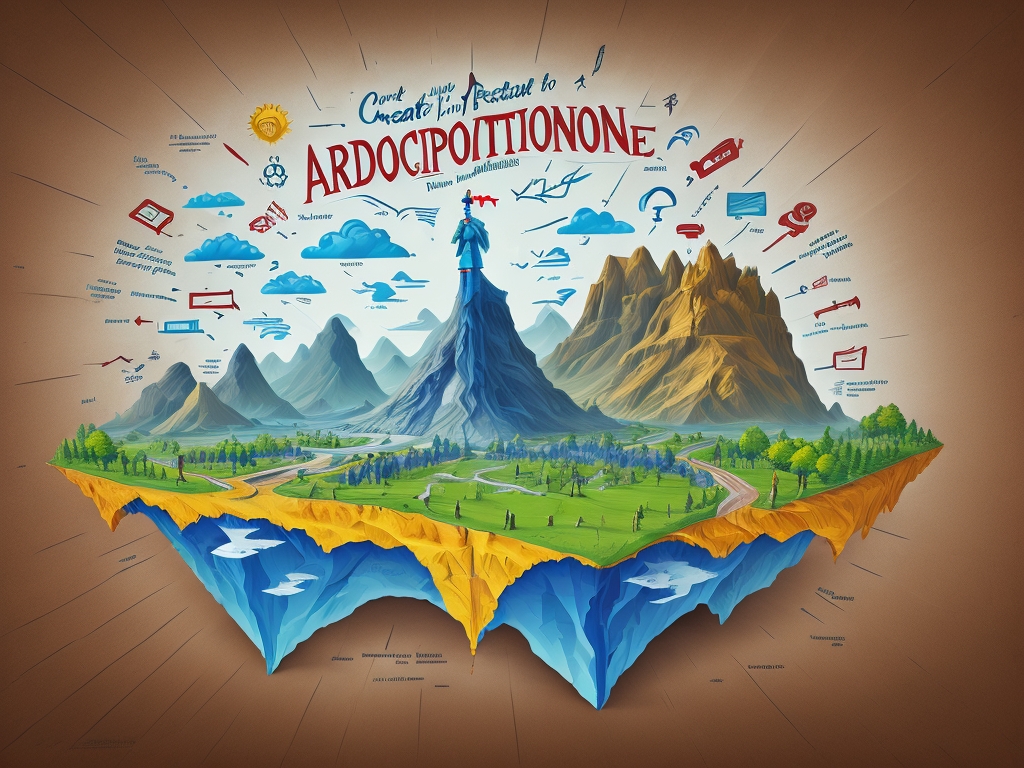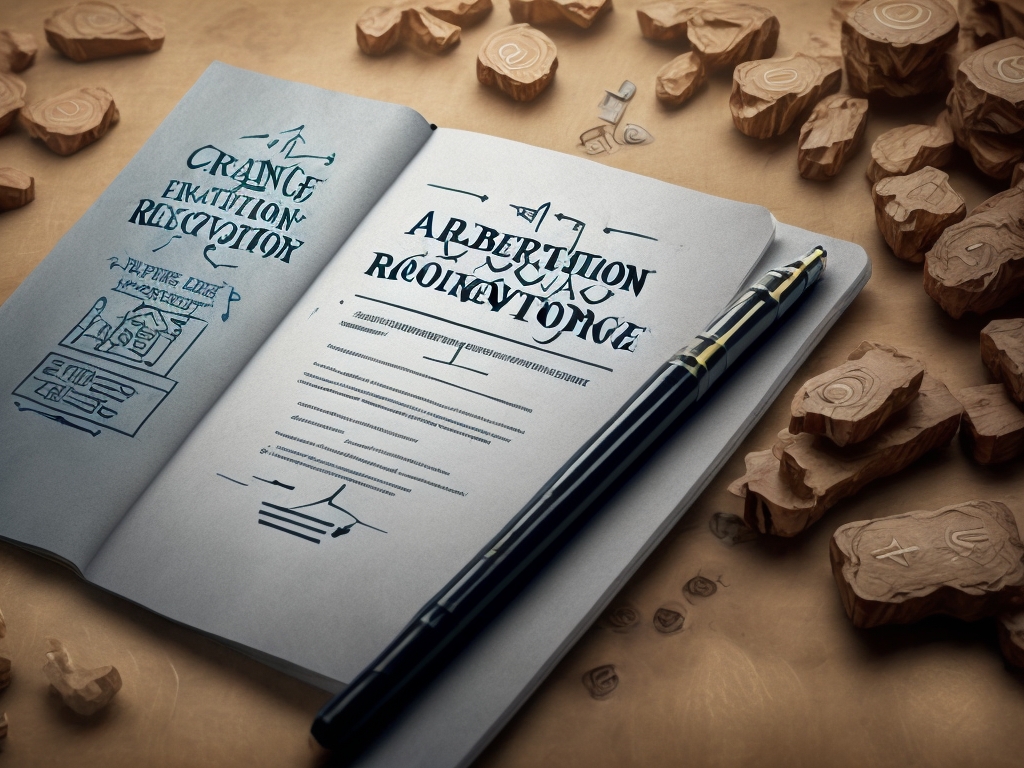Addiction recovery is a complex and deeply personal journey that requires commitment, resilience, and a willingness to embrace change. It’s a path that challenges individuals to confront their demons, rebuild their lives, and reclaim their sense of purpose. Whether you’re struggling with alcohol, drugs, or any other form of addiction, the road to lasting recovery is paved with both challenges and opportunities for growth.
| Key Aspects of Addiction Recovery | Description |
|---|---|
| Recognizing the Need for Change | The first step in addiction recovery is acknowledging the problem and making the decision to seek help. This can be a difficult and emotional process, as it often requires confronting deep-rooted issues and overcoming denial. |
| Developing a Personalized Recovery Plan | Every individual’s addiction journey is unique, and a personalized recovery plan is essential for long-term success. This may involve a combination of therapies, support groups, and lifestyle changes tailored to the individual’s needs and goals. |
| Maintaining Motivation and Preventing Relapse | Addiction recovery is a lifelong process, and maintaining motivation and preventing relapse are crucial. This may involve developing coping strategies, building a strong support network, and continuously working to address the underlying causes of addiction. |
Recognizing the Need for Change
The journey of addiction recovery often begins with a profound realization: the need for change. This epiphany can come in many forms, from hitting rock bottom to a gradual awakening to the devastating consequences of addiction. Regardless of the catalyst, this moment of clarity is a critical turning point, where individuals must confront the reality of their situation and make the decision to embark on a path of healing and transformation.
For some, the recognition of the need for change may be sparked by a major life event, such as the loss of a job, the breakdown of a relationship, or a near-fatal overdose. These jarring experiences can serve as a wake-up call, shattering the illusion of control and forcing individuals to face the harsh truth about their addiction. Others may come to this realization more gradually, as the cumulative toll of their substance abuse becomes increasingly apparent in their physical, mental, and emotional well-being.
Breaking the Cycle of Substance Abuse
Breaking the cycle of substance abuse is often the most challenging and daunting aspect of addiction recovery. Addiction is a complex neurobiological disorder that hijacks the brain’s reward system, making it incredibly difficult to overcome the powerful cravings and urges that drive continued use. However, with the right support, treatment, and personal commitment, it is possible to break free from the grip of addiction and reclaim one’s life.
One of the key strategies in breaking the cycle of substance abuse is detox, the process of safely and effectively removing the addictive substance from the body. This can be a physically and emotionally demanding experience, as the body and mind grapple with the withdrawal symptoms. Detox is often the first step in a comprehensive addiction treatment plan, providing a stable foundation for the subsequent phases of recovery.
Developing a Personalized Recovery Plan
Crafting a personalized recovery plan is essential for individuals seeking to overcome addiction. No two addiction journeys are exactly alike, and a one-size-fits-all approach simply doesn’t work. By developing a tailored plan, individuals can address the unique factors that contribute to their substance abuse, whether it’s underlying mental health issues, traumatic experiences, or environmental triggers.
At the heart of a personalized recovery plan is a comprehensive assessment of the individual’s needs, strengths, and goals. This may involve a combination of addiction counseling, evidence-based treatment modalities, and lifestyle modifications. For example, some individuals may benefit from medication-assisted treatment to manage cravings and withdrawal symptoms, while others may find solace in holistic therapies like yoga, meditation, or art therapy.
The Role of Support Systems in Lasting Change
Navigating the path of addiction recovery can be a daunting and isolating experience, which is why the role of support systems cannot be overstated. Whether it’s family, friends, or a dedicated community of peers, having a strong network of individuals who understand the challenges and offer unconditional support can be a crucial factor in achieving lasting change.
Support groups, such as 12-step programs and sober living communities, provide a safe and judgment-free space for individuals to share their experiences, seek guidance, and find camaraderie with others who have walked a similar path. These groups not only offer practical advice and coping strategies but also foster a sense of belonging and accountability that can be instrumental in maintaining sobriety.

Overcoming Cravings and Triggers
One of the most persistent challenges in addiction recovery is navigating the ever-present threat of cravings and triggers. These powerful urges to use can arise unexpectedly, often triggered by environmental factors, emotional states, or even specific memories. Developing effective strategies to manage these cravings and triggers is essential for long-term relapse prevention.
Cognitive-behavioral therapy (CBT) has emerged as a highly effective approach in helping individuals identify and mitigate their triggers. Through this form of therapy, individuals learn to recognize the patterns of thought and behavior that precede a craving, and then develop alternative coping mechanisms to interrupt the cycle. This might involve practicing mindfulness techniques, engaging in physical exercise, or reaching out to a supportive network.
Exploring Holistic Approaches to Healing
While traditional addiction treatment methods, such as medication-assisted treatment and evidence-based therapies, are undoubtedly essential, many individuals in recovery have found profound benefits in exploring holistic approaches to healing. These integrative practices, which often incorporate elements of mind-body-spirit wellness, can provide a more comprehensive and personalized path to recovery.
Holistic treatment modalities, such as yoga, meditation, acupuncture, and nutritional therapy, can help individuals address the underlying emotional, psychological, and physical factors that contribute to their substance abuse. By cultivating a greater sense of self-awareness, stress management, and overall well-being, these approaches can complement traditional addiction treatment and empower individuals to take a more active role in their own healing journey.
Managing Co-Occurring Mental Health Conditions
For many individuals struggling with addiction, the journey to recovery is further complicated by the presence of co-occurring mental health conditions, such as depression, anxiety, or trauma-related disorders. Addressing these dual diagnoses is crucial, as unresolved mental health issues can significantly increase the risk of relapse and hinder the overall effectiveness of addiction treatment.
Effective addiction recovery often requires a comprehensive, integrated approach that addresses both the substance abuse and the underlying mental health challenges. This may involve a combination of medication-assisted treatment, evidence-based therapies, and specialized addiction counseling to help individuals develop the coping skills and emotional resilience necessary for long-term success.
Rebuilding Relationships and Reintegrating into Society
One of the often-overlooked aspects of addiction recovery is the process of rebuilding relationships and reintegrating into society. Addiction can take a significant toll on an individual’s personal and professional life, leading to strained or severed connections with family, friends, and community. Navigating this process of reconciliation and reestablishing a sense of purpose and belonging can be a crucial step in the journey to lasting recovery.
Through addiction counseling, support groups, and community-based programs, individuals in recovery can work to mend broken relationships, rebuild trust, and find meaningful ways to contribute to their communities. This process of social reintegration can not only provide a sense of belonging and purpose but also offer a powerful source of motivation and accountability in maintaining sobriety.
Maintaining Motivation and Preventing Relapse
Sustaining motivation and preventing relapse are ongoing challenges in the addiction recovery process. The path to lasting change is rarely a straight line, and individuals in recovery must be prepared to navigate the ups and downs, setbacks, and temptations that can threaten their progress.
Developing a robust relapse prevention plan is essential, one that incorporates a range of strategies and support systems to help individuals stay on track. This may include regularly attending support group meetings, engaging in cognitive-behavioral therapy to address underlying triggers, and cultivating healthy coping mechanisms, such as exercise, mindfulness practices, or creative pursuits.

The Importance of Aftercare and Ongoing Support
As individuals transition from the intensive phases of addiction treatment to the long-term process of recovery, the importance of aftercare and ongoing support cannot be overstated. Aftercare programs, which may include sober living arrangements, outpatient treatment, and support group participation, provide a crucial bridge between the structured environment of rehab and the realities of everyday life.
These aftercare services not only help individuals maintain their hard-won sobriety but also offer a continuum of care that addresses the evolving needs and challenges they may face in the months and years following their initial addiction treatment. By ensuring access to ongoing support, individuals in recovery can develop the skills, resources, and resilience necessary to navigate the ups and downs of their journey with confidence and determination.
Inspiring Stories of Successful Addiction Recovery
The journey of addiction recovery is not an easy one, but it is a testament to the human spirit’s remarkable capacity for transformation and resilience. Throughout the addiction treatment community, there are countless stories of individuals who have overcome seemingly insurmountable odds, reclaimed their lives, and gone on to inspire others with their triumph over substance abuse.
These inspiring stories serve as a powerful reminder that recovery is possible, no matter how deep the depths of addiction may seem. They offer hope, courage, and a blueprint for others who are embarking on their own path to lasting change, demonstrating that with the right support, determination, and a willingness to embrace the process, individuals can break free from the grip of addiction and reclaim their sense of purpose, fulfillment, and joy.
Conclusion
Addiction recovery is a complex and deeply personal journey, one that requires commitment, resilience, and a willingness to embrace change. By recognizing the need for transformation, developing a personalized recovery plan, and harnessing the power of support systems, individuals can break the cycle of substance abuse and reclaim their lives. Through exploring holistic approaches, managing co-occurring mental health conditions, and rebuilding relationships, the path to lasting change becomes more attainable. Ultimately, the journey of addiction recovery is a testament to the human spirit’s remarkable capacity for growth, healing, and transformation.
How long does the addiction recovery process typically take?
The duration of the addiction recovery process can vary greatly depending on the individual, the severity of the addiction, and the treatment approach. While some individuals may achieve sobriety within a matter of months, for many, the journey to lasting change is a lifelong process that requires ongoing support and commitment.What are the most common challenges faced during addiction recovery?
Some of the most common challenges faced during addiction recovery include managing cravings and triggers, overcoming co-occurring mental health conditions, rebuilding relationships and reintegrating into society, and maintaining motivation and preventing relapse.How can family and friends support someone in addiction recovery?
Family and friends can provide invaluable support during the addiction recovery process by offering unconditional love and understanding, actively participating in the recovery journey, setting healthy boundaries, and connecting their loved one with appropriate treatment and support resources.
Facebook
Twitter
LinkedIn
Reddit
Facebook
Twitter
LinkedIn
Reddit
